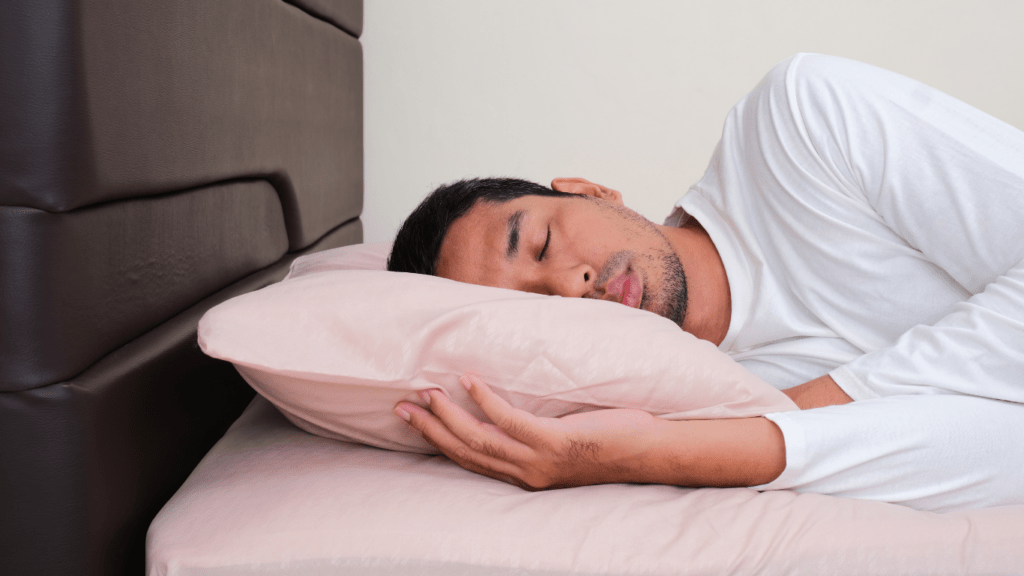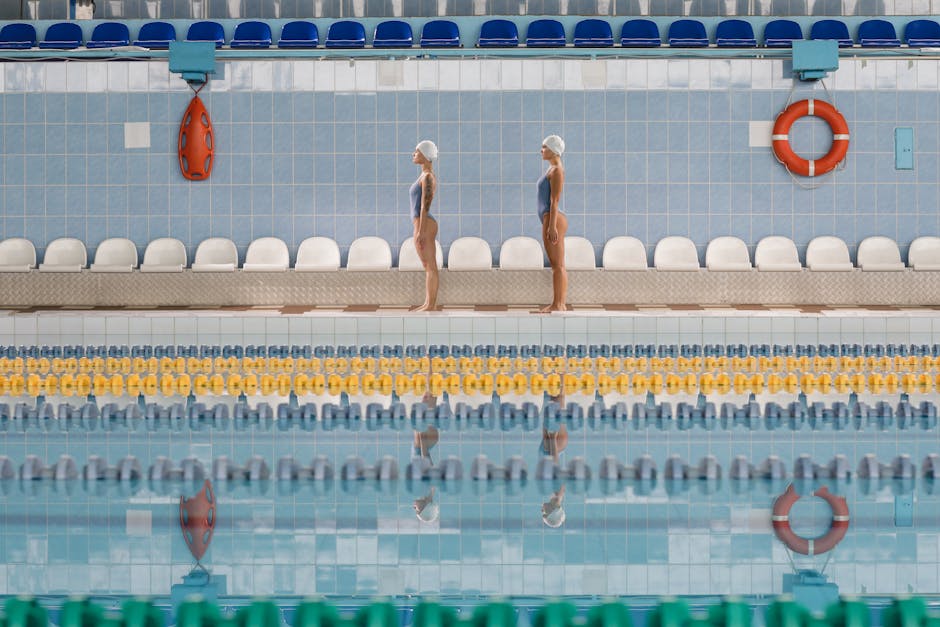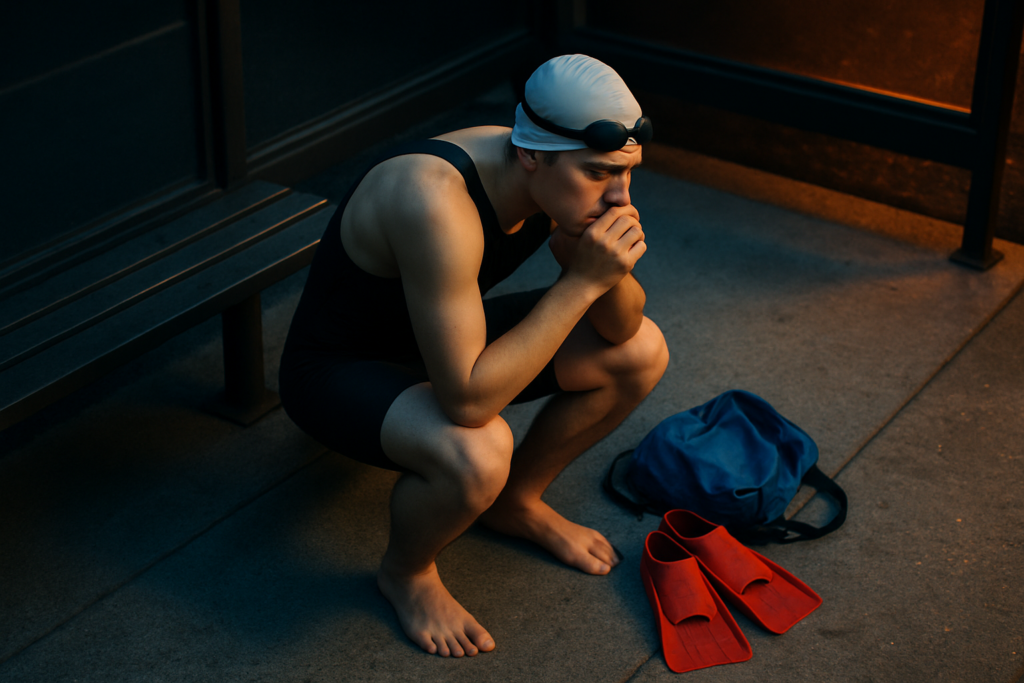As a dedicated swimmer, I understand the crucial role that sleep plays in achieving peak performance in the water. Quality rest isn’t just a luxury; it’s a cornerstone of both mental clarity and physical recovery for athletes. In the world of competitive swimming, where every stroke counts, ensuring adequate sleep is often the differentiator between good and great performances.
When it comes to swimmers, the significance of sleep cannot be overstated. Not only does proper rest enhance cognitive function and decision-making skills, but it also directly impacts muscle repair and overall endurance. In this article, we’ll delve into the science behind why sleep is a non-negotiable component of any swimmer’s training regimen and explore practical tips for optimizing your sleep to maximize your athletic potential.
Understanding the Role of Sleep in Athletic Performance
Quality sleep plays a vital role in my athletic performance as a swimmer. It directly impacts my mental sharpness, physical recovery, cognitive abilities, decision-making skills, muscle repair, and overall endurance in the water.
Why Sleep is Crucial for Athletes
As an athlete, I understand that sleep is not just a time to rest; it is a critical component of my training regimen. During sleep, my body undergoes essential processes that repair and restore tissues, regulate hormones, and consolidate memories.
How Sleep Affects Physical Recovery
Sleep is when my body heals and recovers from the strenuous workouts in the pool. It is during deep sleep stages that growth hormone is released, promoting muscle repair and growth. Additionally, adequate sleep helps reduce inflammation, soreness, and fatigue, allowing me to wake up refreshed and ready for the next training session.
Sleep and Mental Health for Swimmers
Quality sleep is essential for swimmers’ mental well-being and overall performance. Let’s explore how sleep impacts cognitive functions and emotional regulation in swimmers.
Impact of Sleep on Cognitive Functions
Quality sleep significantly influences a swimmer’s cognitive abilities. During sleep, the brain processes information, consolidates memories, and enhances learning. Lack of sleep can negatively impact attention, decision-making, and reaction times, crucial aspects for swimmers during training and competitions. Adequate rest is vital for swimmers to maintain mental sharpness and perform at their best.
Sleep’s Role in Emotional Regulation
Sleep plays a crucial role in emotional regulation for swimmers. A well-rested athlete is better equipped to manage stress, anxiety, and regulate emotions effectively. Lack of sleep can lead to mood disturbances, irritability, and decreased emotional resilience, affecting a swimmer’s mental well-being and performance in the pool. Prioritizing quality sleep is key to ensuring swimmers can maintain emotional stability and peak performance.
Optimal Sleep Practices for Swimmers

Quality sleep is vital for swimmers to excel in their sport. As an athlete, I understand the significance of proper rest for both mental sharpness and physical recovery. Here are some key practices swimmers should consider to optimize their sleep routine:
Recommended Sleep Duration and Quality
For swimmers, aiming for seven to nine hours of sleep per night is essential to support overall well-being and athletic performance. As an athlete, I ensure I prioritize my sleep duration to aid in muscle repair, hormonal balance, and cognitive function. Quality sleep involves creating a comfortable sleep environment, maintaining a consistent bedtime routine, and minimizing disruptions during the night.
- As an athlete, I follow a regular sleep schedule, going to bed and waking up at the same time each day to regulate my body’s internal clock.
- I avoid stimulants like caffeine close to bedtime to promote relaxation and better sleep quality.
- Creating a soothing bedtime routine, such as reading or listening to calming music, can help signal the body that it’s time to unwind and prepare for sleep.
- As a swimmer, I understand the importance of a comfortable sleep environment, including a supportive mattress, proper ventilation, and a dark, quiet room to facilitate uninterrupted rest.
- I limit screen time before bed, as the blue light emitted from devices can interfere with the production of melatonin, a hormone crucial for sleep regulation.
Case Studies in Swimming
In my experience working with swimmers, I’ve witnessed various successful recovery strategies that highlight the significance of quality sleep. These examples demonstrate how prioritizing sleep can lead to improved performance and overall well-being for swimmers.
Examples of Successful Recovery Strategies
In one case study, a professional swimmer implemented a strict bedtime routine, ensuring at least 8 hours of uninterrupted sleep each night. This practice not only enhanced their physical recovery but also sharpened their mental focus during training sessions and competitions.
Another swimmer incorporated meditation and relaxation techniques before bedtime, aiding in stress reduction and promoting deeper sleep cycles. This approach significantly improved their overall mood stability and emotional resilience, translating into better performance outcomes in the pool.
How Poor Sleep Can Affect Performance
Conversely, I’ve observed instances where swimmers experienced a decline in performance due to inadequate sleep. One athlete struggled with inconsistent sleep patterns, leading to fatigue, reduced reaction times, and impaired decision-making abilities during races.
Additionally, poor sleep quality contributed to heightened levels of irritability and decreased motivation in another swimmer, negatively impacting their training consistency and overall athletic progress.
By examining these case studies, it becomes evident that prioritizing quality sleep is essential for swimmers to optimize their performance, enhance recovery, and maintain peak mental and physical well-being.


 is a seasoned fitness expert with a special focus on swimming and holistic health strategies. With years of experience as a competitive swimmer and fitness coach, Patricia offers readers a wealth of knowledge on optimizing performance and maintaining a balanced lifestyle. Her writing on Swim Fast Stay Fit reflects her commitment to empowering others with practical advice and motivational insights. Patricia’s approach integrates advanced training techniques with accessible wellness tips, aiming to help individuals achieve their personal fitness goals and enhance their overall quality of life. Through her engaging articles, Patricia inspires readers to embrace a comprehensive approach to health, combining effective exercise routines with mindful nutrition and self-care practices.
is a seasoned fitness expert with a special focus on swimming and holistic health strategies. With years of experience as a competitive swimmer and fitness coach, Patricia offers readers a wealth of knowledge on optimizing performance and maintaining a balanced lifestyle. Her writing on Swim Fast Stay Fit reflects her commitment to empowering others with practical advice and motivational insights. Patricia’s approach integrates advanced training techniques with accessible wellness tips, aiming to help individuals achieve their personal fitness goals and enhance their overall quality of life. Through her engaging articles, Patricia inspires readers to embrace a comprehensive approach to health, combining effective exercise routines with mindful nutrition and self-care practices.
